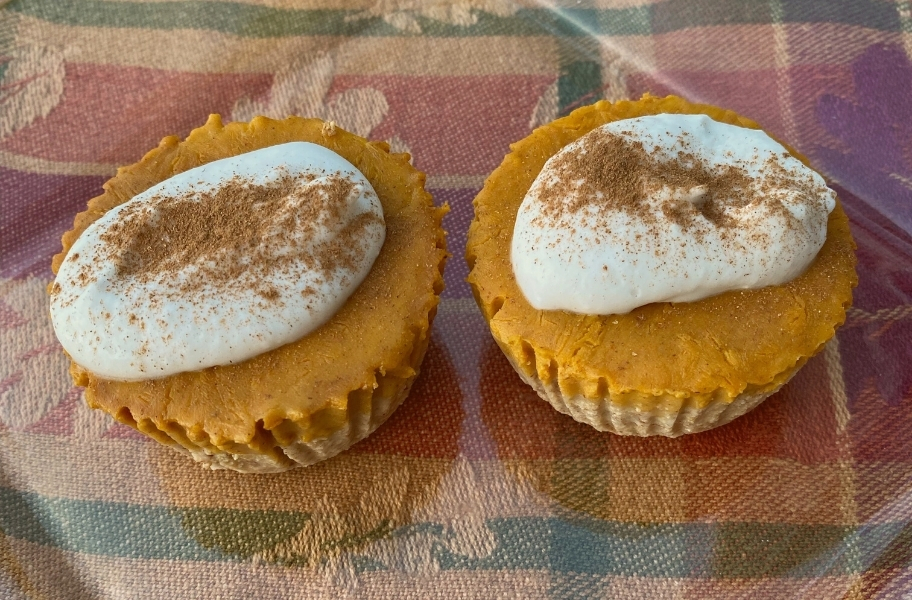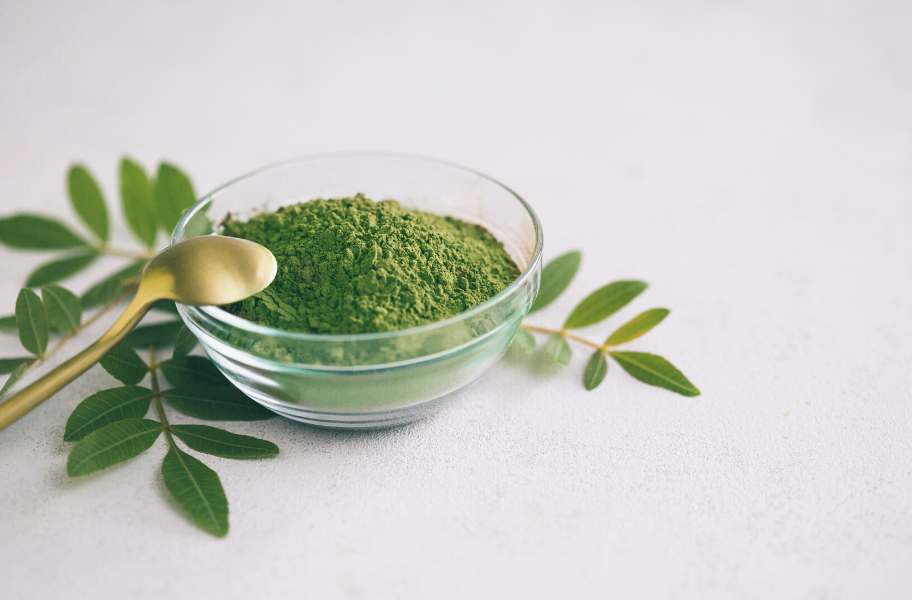In this second post of our Diet Trends series, Dr. Kalli Prater shares the basics of the popular paleo diet. Attend one of her in-store lectures for more info and helpful tips to consider whether this diet may be a healthy fit for you!
Diet Trend #2: Paleo

“Paleo” or Paleolitic-style diets suggest you eat what our hunter-gatherer ancestors ate: real whole foods. This seems pretty simple until you learn that dairy, breads and grains are all off the list of acceptable foods! Modern-day paleo fans have it easier than our ancestors did, however. This is because we are no longer limited by what we can hunt and gather in different seasons and climates. Luckily, we have easy access to paleo-friendly foods in most grocery and health food stores, making life a lot easier for those who follow the paleo plan (all hail the avocado!).
Any dietary change is going to impact your shopping list. Check out the table below for a quick breakdown on supplements and products you may want to consider when making the switch to a paleo lifestyle!
|
Product/Supplement |
Benefit |
|
Multi-Mineral Supplements |
Mineral supplements are vital to take with a grain-free diet, as grains are a major dietary source of these nutrients including magnesium, selenium and other minerals that are essential for proper functions. |
|
Fiber Supplements |
Eliminating grains can alter bowel function, due to reduced dietary fiber intake. Fiber also helps with cholesterol and blood sugar management. |
|
Probiotics |
Probiotics support all dietary changes and help with bowel regularity during any diet modifications. |
|
Organic & Grass-Fed Meats |
Conventional animal products are raised with hormones, antibiotics, and improper inflammatory diets. Organic and grass-fed meats are a much healthier option for a paleo lifestyle. |
About the Author:
Dr. Kalli Prater is a Chiropractic Physician in Illinois that specializes in Functional Medicine, and also works with Fruitful Yield as a nutrition educator. She has a passion for sharing her knowledge and help individuals live their healthiest and happiest life.
*Content contained in this article is not intended to provide or to constitute medical or healthcare advice. Nor can it be relied upon as preventative care, cure, or treatment for any disease or medical condition. You should consult a qualified healthcare professional for advice regarding the diagnosis and treatment of any medical condition and before starting any supplementation, nutritional, exercise, or other medical program.










